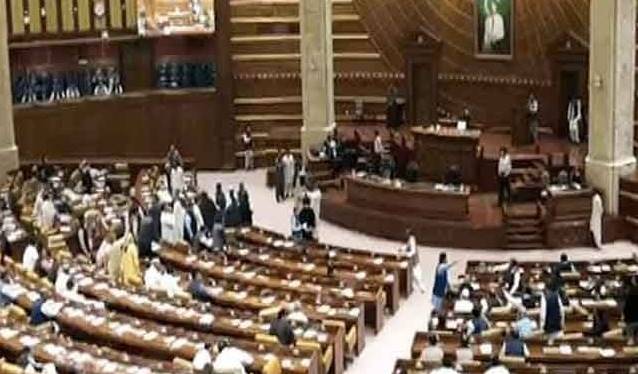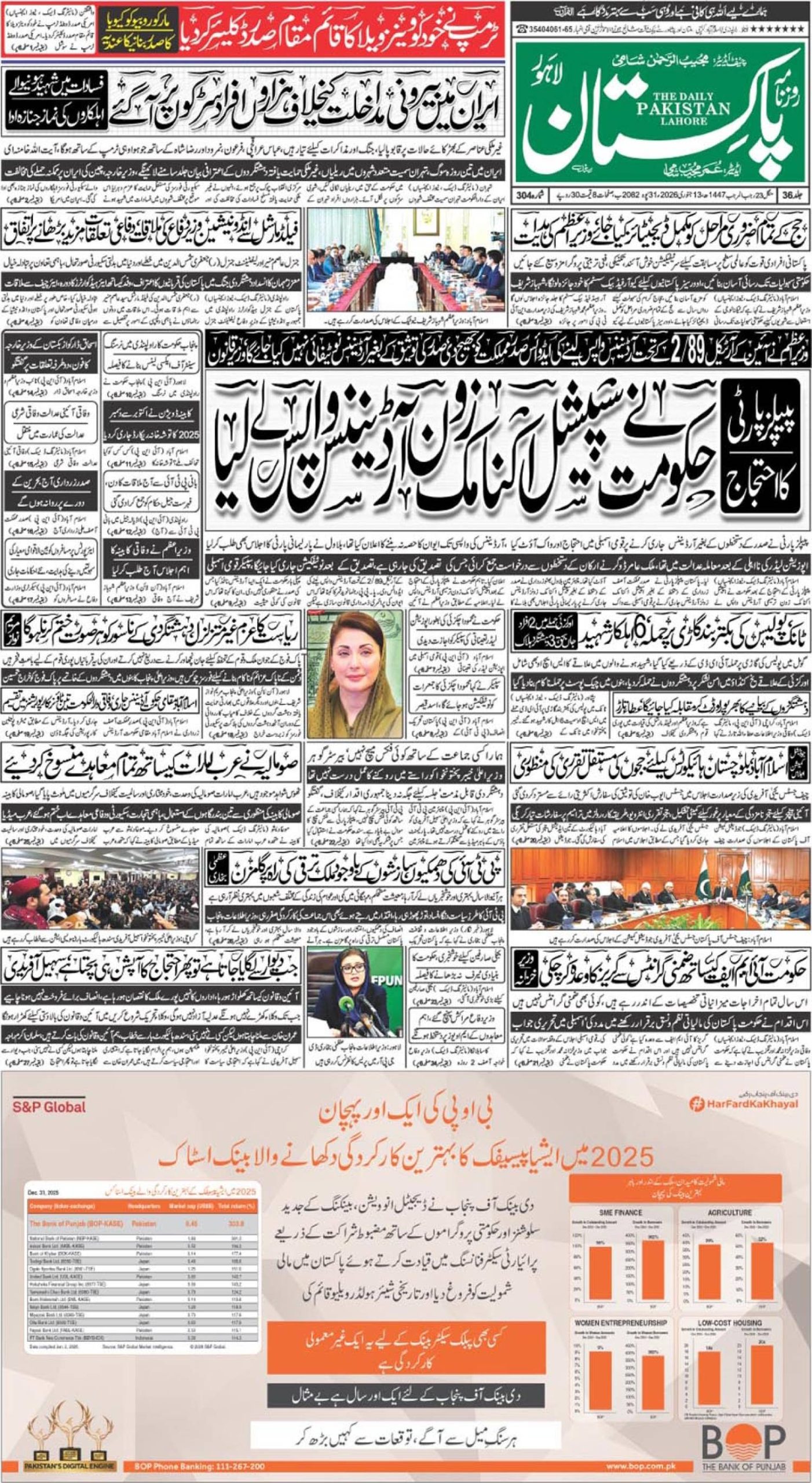LAHORE – Despite the disapproval, Punjab Assembly bulldozed Defamation Bill 2024, rejecting new changes proposed by opposition, and media bodies. Members of Sunni Ittehad Council members ripped up copies of the bill after house passed it through a voice vote.
Following the approval of the highly controversial Defamation Bill 2024 by the Provincial Assembly of Punjab on Monday, the Pakistan Federal Union of Journalists (PFUJ) and the Council of Pakistan Newspapers Editors (CPNE) jointly announced a protest outside the Lahore Press Club today on Tuesday.
The president of the Lahore Press Club declared a protest and sit-in against the defamation bill. He said that despite government actions, the journalistic community is “determined” to protest. The president lamented that the bill’s passage does not align with democratic principles. He announced plans for a further meeting of the joint action committee to devise a new course of action.
Media bodies members come down hard on PML-N led provincial government, saying while in opposition, it champions press freedom but adopts contrary measures while in power.
The president of Lahore Press Club declared that journalistic organisations stood “united” against the bill and declared intentions to stage protests outside the Punjab Assembly.
PFUJ president and Punjab Press Club president issued a joint statement condemning the Punjab government’s dismissal of media stakeholders’ demands and its passage of the defamation bill under the cover of darkness.
Similarly, the CPNE rejected the defamation bill, denouncing it as a draconian law. CPNE said that Punjab Information Minister Uzma Bukhari had assured journalistic organisations of postponing the bill for further consultation, but this commitment was not honoured. The CPNE firmly stated it was against the bill’s passage.
The provincial assembly passed the Defamation Bill 2024 on Monday. The bill was introduced by Minister of Parliamentary Affairs and aimed to combat ‘fake’ news and ‘misinformation’ on social media platforms such as YouTube, TikTok, X (formerly Twitter), Facebook, and Instagram.
The controversial bill will allow for defamation cases to be filed against anyone spreading ‘false’ information. It also allows fines of up to Rs3 million and the establishment of special tribunals to expedite verdicts.
The Opposition strongly objected to the bill. They advocated for further review and consultation with civil society and stakeholders. The Opposition raised concerns about the haste with which the bill was presented. Despite their objections and requests to send the bill back to the committee for review, the government proceeded with its passage.
The bill specifies that defamation cases against people holding constitutional posts will be handled by a high court. The provision has drawn criticism for potentially favouring powerful persons over ordinary citizens and undermining the principle of equality before the law.
In response to the opposition’s objections, Speaker Punjab Assembly Malik Muhammad Ahmed Khan assured them the opportunity to present their proposals and amendments within three days. However, opposition members expressed dissatisfaction with the government’s approach and questioned the lack of meaningful consultation and dialogue on such a significant legislative matter.
The passage of the defamation bill sparked widespread concern among journalists, legal experts, and human rights organisations. They argued that the bill’s provisions could be misused to suppress freedom of expression, inhibit journalistic freedom, and create legal inequities.
The Human Rights Commission of Pakistan also condemned the bill. It pointed out the potential threat to freedom of expression and dissent. Legal experts also highlighted several problematic aspects of the bill, including its broad definition of defamation and the shifting burden of proof. They argue that this could have severe effects on free speech and lead to arbitrary arrests and prosecutions.
Pakistani reporter’s defamation case victory against three PTI UK leaders













